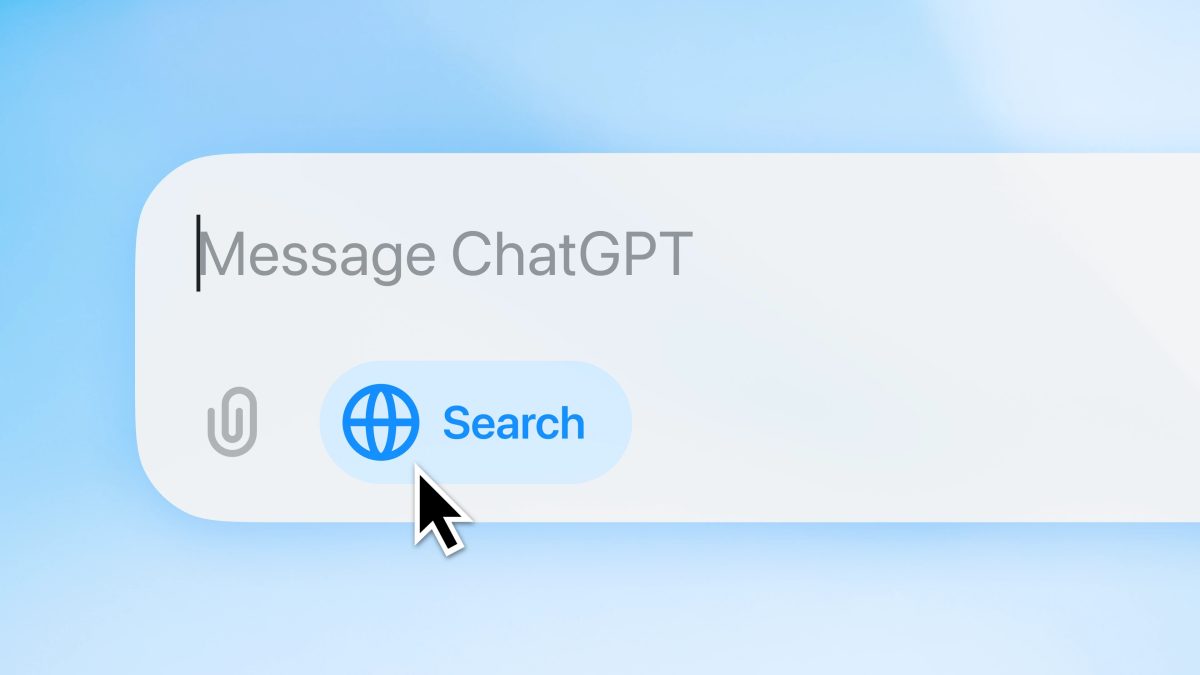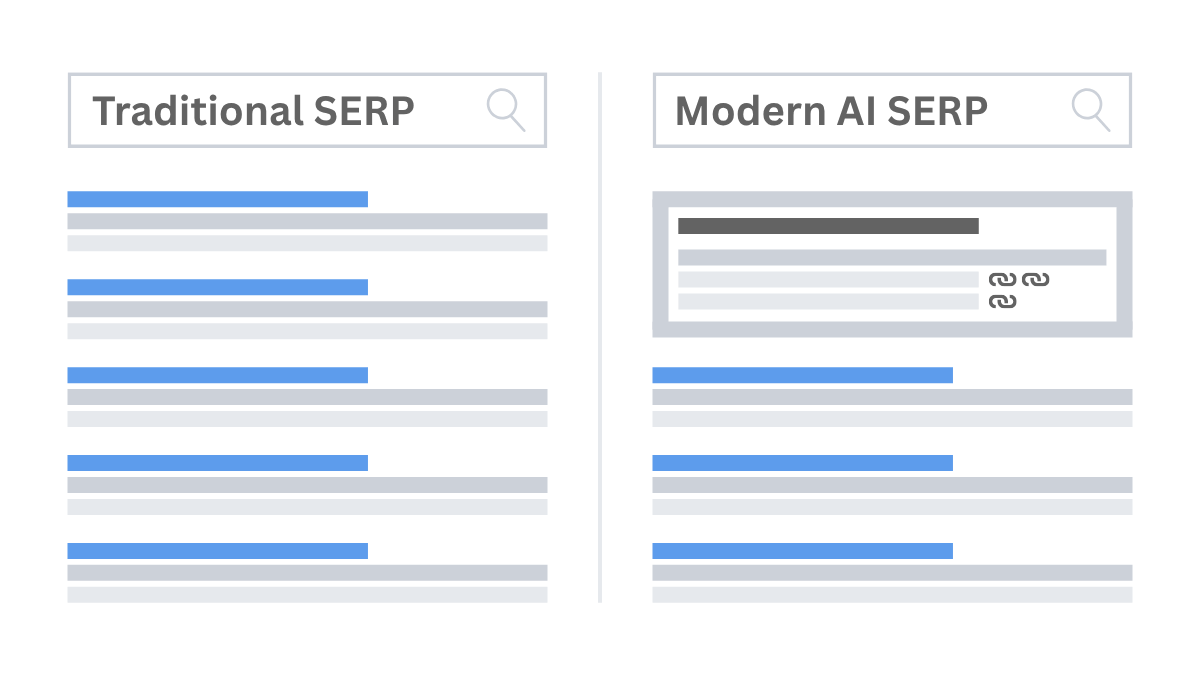Every time a major shift rocks the digital world, a familiar headline starts trending: “SEO is Dead” and now the search engine marketing will collapse.
It happened with the Panda and Penguin updates.
It happened with the “Mobilegeddon” shift.
And now, with the explosive rise of AI-powered search engines like Google’s Gemini (formerly Bard), OpenAI’s ChatGPT with browsing, and Perplexity (and its massive marketing with browser Comet), the chorus is back.

OMG, nooooo. SEO is dead again.
But let’s be clear — SEO is not dead. In fact, it’s more critical than ever.
The game isn’t over; the rules are simply changing.
The advent of AI search doesn’t eliminate the need for search engine optimization; it reframes it. It pushes us from a technical, keyword-stuffing past into a future dominated by E-E-A-T, user intent, and unparalleled content quality.
This isn’t the end of SEO. This is its evolution.
What is AI Search Actually Changing?
To understand why SEO is still vital, we must first understand what AI search (or “Answer Engines”) does differently.
Traditional search engines return a list of 10 blue links. Your goal as an SEO or content creator was to land in one of those coveted top spots.
AI search engines, like Google’s Gemini in the Search Generative Experience (SGE), synthesize information from multiple sources and present a single, cohesive answer directly at the top of the page—the “AI Overview” or “Snapshot.”

At first glance, this seems dire. If the answer is given instantly, why would anyone click through to your website?
This fear is based on a misconception.
The reality is more nuanced:
AI needs sources. The AI doesn’t generate answers from a vacuum or a thin air. Instead it scours the web, cites its sources, and provides links for users to “dig deeper” into the information. Being one of those cited sources is the new #1 ranking goal for bloggers and websites.
The “zero-click” myth is overstated. While some simple queries are answered fully in the snapshot, complex queries often lead to more clicks. A user intrigued by a summarized answer is likely to click for more detail, different perspectives, or to access a primary source (like a product page or a scientific study).
It shifts the click type. Clicks aren’t disappearing; they’re transforming. You may get fewer total clicks, but the ones you get will be from highly qualified users who are further down the funnel and ready to engage.
Practically yes clicks and visitors are decreasing but those are just zero second users who open website on a new tab but never enjoy content in reality.
So the payground has changed totally and it is upto us to adopt as soon as we can to drive organic traffic from such modern AI generated snapshots.
The New SEO Playbook: Thriving in the Age of AI Search, “Modern AI Search”.
If the old SEO was about gaming the system, the new SEO is about mastering the subject. Here’s how to adapt your strategy.
1. Double Down on E-E-A-T (Now with an Extra ‘E’).
Google has always valued E-A-T (Expertise, Authoritativeness, Trustworthiness). They’ve now added another ‘E’ for Experience.
AI is trained to prioritize content that demonstrates first-hand, real-world experience. It’s looking for signals that you or your brand genuinely know what you’re talking about.
How to Optimize for E-E-A-T:
- Showcase Author Credentials: Create detailed author bios with credentials, qualifications, and links to their professional profiles.
- Use First-Person Language: In appropriate content (e.g., product reviews, how-to guides), use “I,” “we,” and “our team” to signal direct experience.
- Include Original Data & Research: Conduct your own surveys, experiments, and case studies. AI can’t replicate your unique data.
- Leverage User-Generated Content: Encourage and feature genuine customer reviews, testimonials, and photos. This is the ultimate “Experience” signal.
2. Master Topic Authority, Not Just Keywords.
AI is brilliant at understanding context and semantic relationships. It doesn’t just match keywords; it understands topics. Your goal is to become the go-to resource for a specific niche.
How to Build Topic Authority:
- Create Cornerstone Content: Develop comprehensive, pillar pages that serve as the ultimate guide on a broad topic.
- Implement a Topic Cluster Model: Support your pillar page with a network of interlinked, hyper-specific cluster articles that cover every possible subtopic and long-tail question.
- Answer the “Unasked” Questions: Use tools like AnswerThePublic or AlsoAsked.com to find related questions people are asking and create content that addresses them proactively.
3. Structure Your Content for Machines and Humans.
To be easily “ingested” by AI, your content must be impeccably structured. This doesn’t mean writing for robots; it means writing so clearly that both humans and machines can understand your value instantly.
Technical & On-Page SEO Essentials for AI:
- Use Clear Schema Markup: Implement schema.org structured data (like
Article,HowTo,FAQPage,Product) to give search engines explicit clues about your content’s meaning. - Employ Strategic Headings (H1, H2, H3): A logical hierarchy (H1 for main title, H2 for main sections, H3 for subsections) acts as a table of contents for AI.
- Optimize for “People Also Ask”: Incorporate questions and their direct answers into your content, using header tags to frame them.
- Focus on Readability: Use short paragraphs, bullet points, and bold text to break up content and highlight key takeaways.
4. Prioritize User Intent Like Never Before.
AI search is terrifyingly good at discerning user intent. Your content must satisfy that intent perfectly.
How to Optimize for Intent:
- Go Beyond Informational: For a query like “best running shoes for flat feet,” the AI won’t just list features. It will likely synthesize advice on support, stability, and include specific models. Your content must do the same, and then provide a clear path to a purchase (commercial intent).
- Create “Comprehensive” Content: Don’t just answer the question. Provide the full picture. If you’re writing about “plant-based diets,” cover the health benefits, the challenges, meal plans, and recipe ideas all in one, well-organized resource.
- Optimize for Conversational Queries: People are using more natural language in search. Target long-tail, question-based keywords (e.g., “how do I fix a leaking faucet washer” instead of “leaking faucet repair”).
Quality is Your Ultimate SEO Strategy.
The rise of AI search is the great content quality filter. Low-quality, thin, and spammy content is being systematically devalued. The content that will win—the content that AI will source and users will trust—is:
- Authoritative: Written by real experts with proven experience.
- Comprehensive: Covers a topic thoroughly and leaves no key question unanswered.
- Human-Centric: Written with empathy, clarity, and a genuine desire to help.
- Trustworthy: Transparent, accurate, and backed by evidence.
SEO is not dead. The technicians who focused on shortcuts are being phased out. The strategists who focus on building genuine authority, creating unparalleled user experiences, and establishing trust are about to enter a golden age.
The question is no longer “How do I rank?” but “How do I become the most credible and comprehensive source that an AI must cite?“
Answer that, and you won’t just survive the rise of AI search—you will dominate it.
Leave a Reply